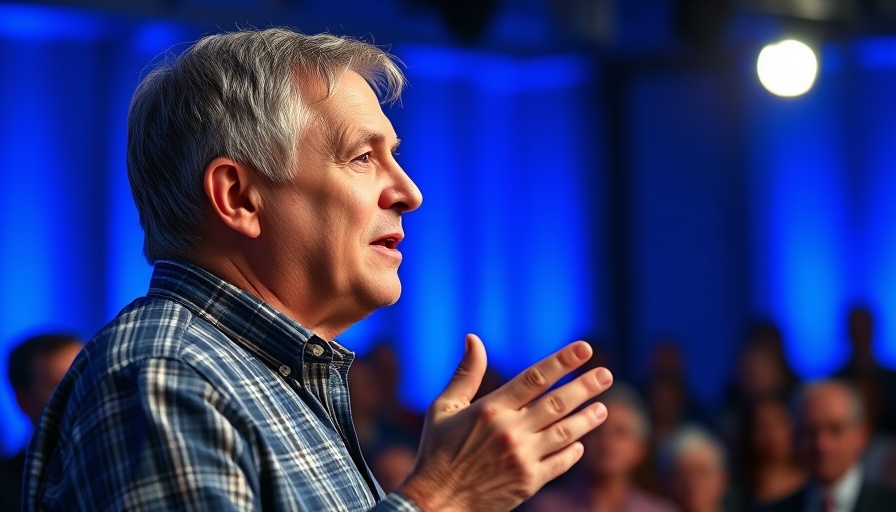
The Uncertain Future of AI: What Awaits Us by 2030
As we move further into the 21st century, the only forecast that seems certain is uncertainty itself. Vard Kosla, a visionary from Sun Microsystems, emphasizes a transformative perspective on artificial intelligence, suggesting that the future of programming may be less about the expertise of coders and more about the adaptability of the technology itself. In Kosla's vision, we might reach a point where computers learn about humans instead of the other way around, shifting the paradigm that has defined tech for decades.
In 'These AI Predictions Will Change Everything by 2030 | MOONSHOTS', Vard Kosla presents thought-provoking insights into the future of AI and technology, which we've expanded upon here.
Programming Skills: A Thing of the Past?
The notion that traditional programming skills may become obsolete is fascinating. Imagine a world where the complexity of coding is simplified, allowing everyone to interact seamlessly with technology. If computers develop ways to understand human needs and preferences, this could democratize technology access, fostering creativity and innovation across diverse populations.
The Rise of Biped Robots
Moreover, Kosla predicts that the business of biped robots will eclipse the auto industry within the next 20 years. This bold statement prompts us to question the implications for jobs, economies, and even our daily lives as robots become integrated into various sectors. With technology breaking barriers previously thought insurmountable, it may create vast opportunities while dismantling traditional roles.
Conclusion: Embracing Change
The synthesis of AI, clean energy, and robotics paints a profound picture of our future. It invites us to embrace change, adapting to a world where resource limitations could be a concept of the past. As we anticipate these developments, it’s vital to foster discussions around ethics, sustainability, and the human experience in a highly automated environment.
 Add Row
Add Row  Add
Add 




Write A Comment